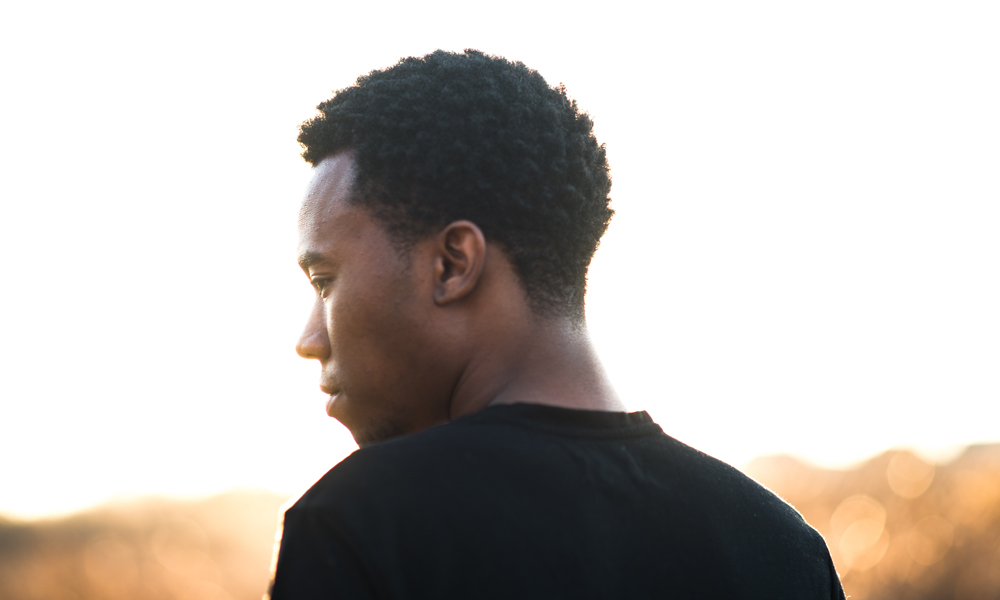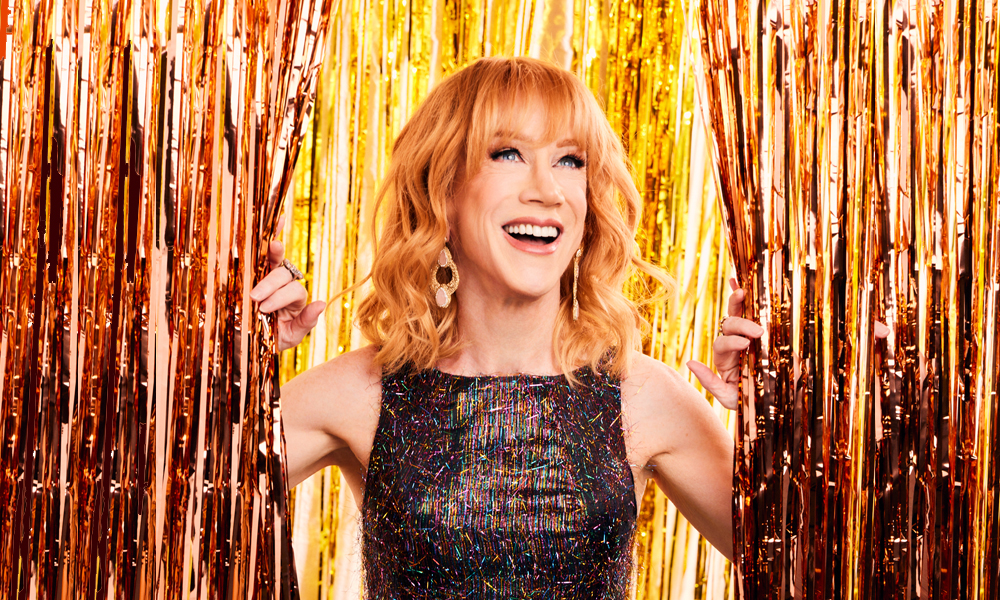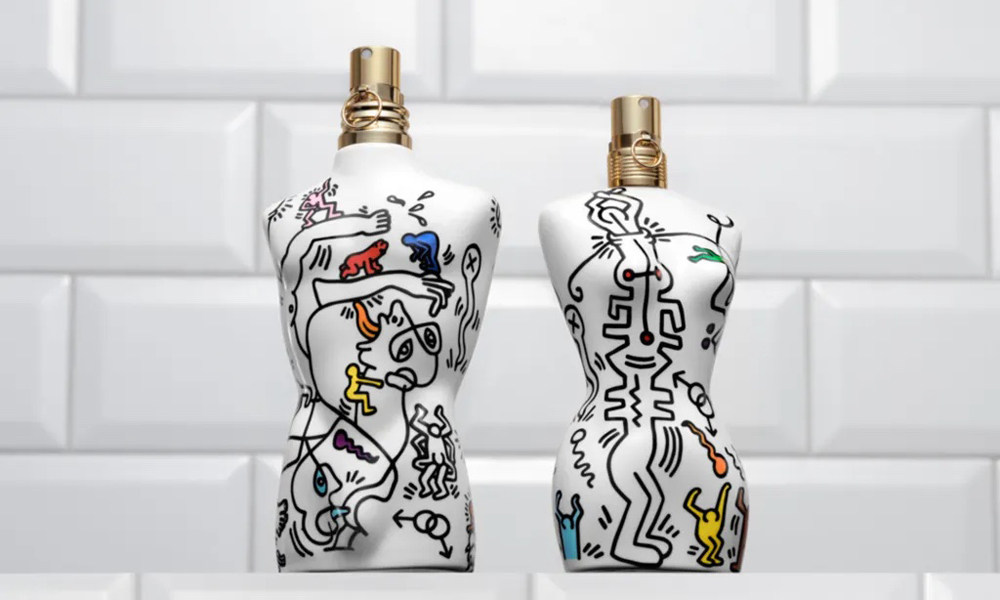It’s not easy to survive and thrive in a world determined to keep you down…
By Jumol Royes
Sometimes a hood is more than just a hood.
Let’s say you want to go outside for a walk, but it’s a characteristically cold winter’s day – so you dress warmly and pull a hood over your head without giving it a second thought as you hurry out the door to brave the elements. Sounds like a fairly straightforward process, right?
For Black boys like me, it’s a little more complicated than that.
I live in Vaughan, a city located just above Toronto. It’s lauded as a family-friendly place with a multicultural population, and according to Maclean’s 2019 ranking of Canada’s richest communities, Vaughan comes in at number 12, with an average household net worth of $1,767,338. But none of that is enough to insulate me from implicit bias or systemic racism.
When I decide to go for a walk around my neighbourhood, I usually make the conscious decision not to pull a hood over my head, even on days when it’s bone-chillingly cold outside. I’m well aware that society often sees Black men wearing hoods as being menacing and more dangerous. In some cases, that perception can lead to violent confrontations with deadly consequences (may the memory of Trayvon Martin forever be a blessing to all those who knew and loved him). Even though I’ve lived in my community on and off for the past 20+ years and am friendly with most of my neighbours, I try my best to avoid being viewed as an outsider – or, worse yet, as an intruder who fits the description of some imaginary suspect in some unknown crime.
The extra mental energy and effort required to think about all the ways in which I could possibly be perceived because of the colour of my skin, and then adjusting myself accordingly depending on the situation, is exhausting, but it’s nothing new for me.
What’s in a name?
When I was applying for jobs in my early 20s, I put together a resumé highlighting my education, skill set and experience, submitted as many applications as I could, and anxiously awaited a response. But nothing happened. So I reformatted my resumé and applied for more jobs. Still nothing. I scratched my head trying to figure out what I was doing wrong. While I admittedly didn’t have a ton of work experience under my belt at that point, I was more than qualified for the positions I was applying for. Surely I merited at least one callback, didn’t I?
It got me thinking: maybe the reason I wasn’t hearing back from anyone had less to do with the substance of my resumé and more to do with my ethnic-sounding name.
Being the savvy problem solver that I am, I decided to swap out my stereotypically Black first name and use my more Caucasian-sounding middle name. Within days of sending out new job applications, my phone started ringing off the hook and I received emails inviting me to participate in in-person interviews. A seemingly small action like changing my name had suddenly yielded positive results. When I finally landed a job, I used my middle name for about a month before reverting back to my given name. It became too tiring trying to keep up the facade of asking co-workers to call me by a name I wasn’t really accustomed to responding to.
For all the naysayers: name discrimination is a thing, and racial bias in hiring is all too real.
Following a two-year study, researchers from Harvard Business School, Stanford University and the University of Toronto reported in 2016 that when resumés were ‘whitened’ or scrubbed of racial clues, “employer callbacks for resumés that were whitened fared much better in the application pile than those that included ethnic information, even though qualifications listed were identical.” The numbers don’t lie: 25 per cent of Black candidates received callbacks with whitened resumés, compared to only 10 per cent who received calls when ethnic details were included.
One step forward, two steps back
Moving through the world in Black skin sometimes feels like a rigged game of snakes and ladders. When you add being gay into the mix, it ups the ante. The intersectionality of my lived experience means that on those extremely rare occasions when my Blackness isn’t top of mind in terms of how the world sees and perceives me, my gayness somehow manages to become the prevailing issue. The truth is that whenever it seems like we’re making progress and moving forward, something inevitably happens to put me in my place and bring me back down to earth.
Last summer, I discovered that the City of Vaughan is named after a notorious plantation and slave owner in Jamaica who once defended slavery as a member of the British Parliament. Learning the news hit me like a gut punch, and part of me wishes I were still blissfully unaware of this painful fact. As a proud Jamaican-Canadian, it hurts my heart on a level that words can’t possibly describe to know that the city I call home is named for a man who owned Black boys just like me.
Chalk it up to just another case of one step forward two steps back in the grand cha-cha of life.
Black boy rising
To survive and thrive as a Black boy in the world today, you’re obliged to carry the heavy yoke of oppression without allowing it to break your capacity for optimism; you must become intimately familiar with the steady drumbeat of struggle while at the same time building a robust reservoir of resilience; you have to be able to navigate your way around what can oftentimes feel like insurmountable obstacles while still managing to believe in yourself and hold on to your dreams; you need to find the courage to confront systems and institutions designed to keep you pinned down while simultaneously reaching for the stars and realizing your full potential; you have to learn how to harness your own unique power and then use it to uplift yourself and your community; you must constantly defy society’s low and limited expectations of you and be a shining example for the generation following close behind. It’s not easy and it definitely takes a toll, but it’s possible…and I believe it’s worth it.
So, to all the little Black boys out there, keep rising; strong backs, open hearts.
—
JUMOL ROYES is a Toronto-area storyteller, communications strategist and glass-half-full kinda guy. He writes about compassion, community, identity and belonging. His guilty pleasure is watching the Real Housewives. Follow him on Twitter at @Jumol and on Instagram at @jumolroyes.







POST A COMMENT